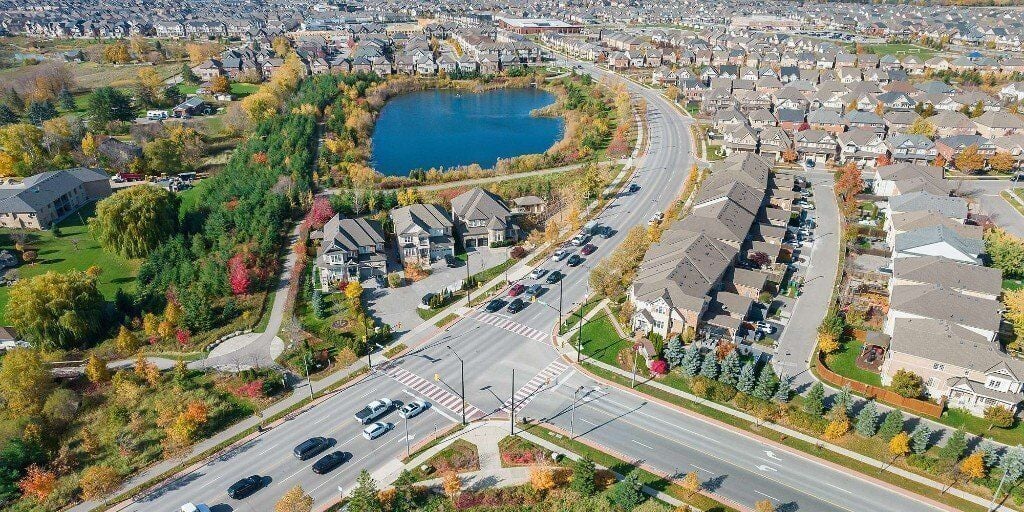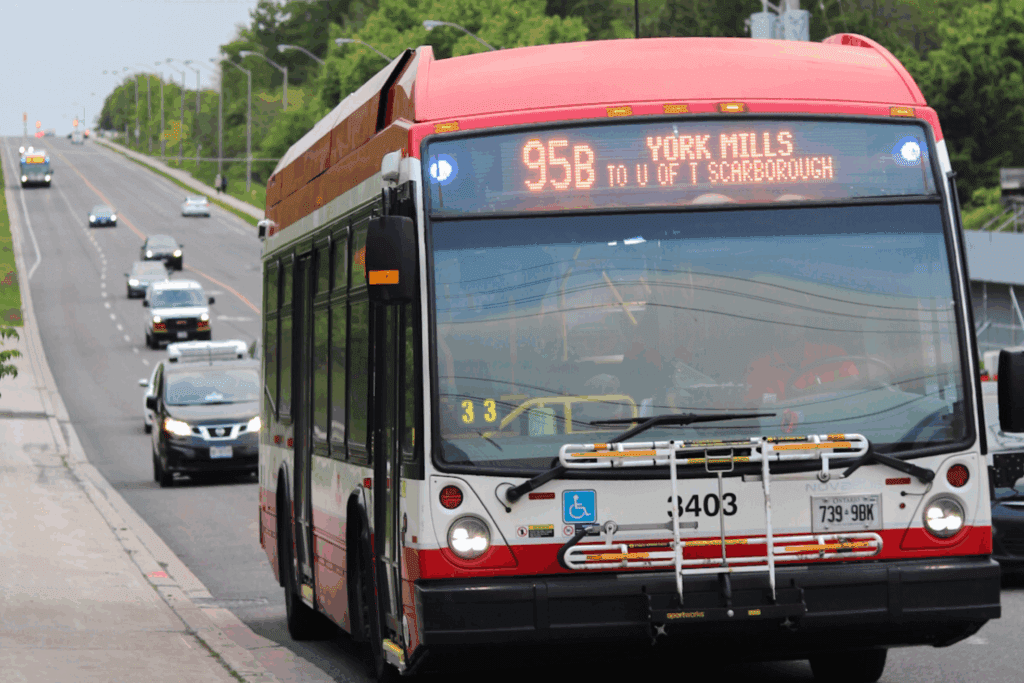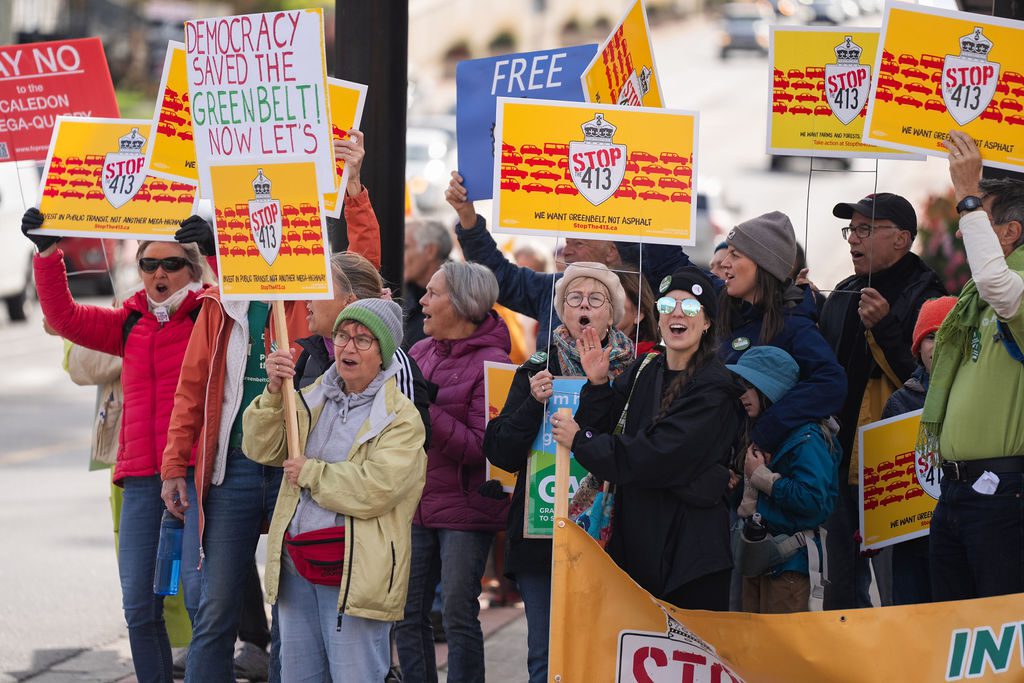Ontario’s government is proposing a new law that would give Mayors in 169 small towns and villages “Strong Mayor” powers. This law could lead to widespread corruption, continued housing shortages, and the destruction of the province’s remaining farmland.
The law’s proposed amendments to Municipal Act regulations, which would take effect May 1, would wipe out many of the checks and balances that have helped to insulate small towns in Ontario from many forms of corruption.
What Are “Strong Mayor” Powers?
Under the proposed changes, mayors would be granted the power to override elected councils, to approve sprawl developments and veto infill or non-market housing developments that those elected councils have approved. Under Strong Mayor powers, mayors gain unilateral control over hiring and firing key civil servants and planning experts responsible for independently evaluating development proposals.
Small Towns Face Unique Risks
While the corruption risk from “Strong Mayor” powers is considerable in any context, the Ontario government’s proposed new regulation is especially concerning because it applies this regime to villages and towns with fewer than 5000 residents. Many of these communities have part-time mayors whose small stipends or honoraria pale in comparison with the incentives developers and land speculators could offer. Many of the towns and villages that would fall under this regulation are so small they don’t have many civil service, legal and planning experts beyond the mayor’s political appointees to advise them on development applications. In some cases, they may have no in-house lawyers or professional land-use planning experts at all.
This staffing limitation creates at least two significant problems:
- In the absence of civil service experts who aren’t the mayor’s political appointees, there is no one in a position to identify patterns of inappropriate conduct.
- In communities with no in-house legal staff or teams too small to handle large applications, municipalities are left to seek advice from private lawyers and planning consultants who represent sprawl development interests, creating potential conflicts of interest.
Troubling Precedents Already Emerging
The “Strong Mayor” model has already generated serious concerns in mid-sized cities and suburbs where it has been implemented:

In Caledon, which has a population 15 times the size of those targeted by this new law, the mayor pushed to fast-track approvals for sprawl development on farmland and natural areas in the Humber River headwaters, with little oversight or limits. This sudden rezoning is now being challenged in court.

In the small town of Aurora, these new powers were used to veto a shovel-ready plan for a much-needed shelter that would have served 68 unhoused residents.
Part of a Broader Pattern
This proposal is the latest in a series of new laws and policies that seem calculated to eliminate expert, coordinated, rules-based efficient planning of new homes and workplaces, replacing it with arbitrary and corruption-prone favour-granting.
Ontario has already repealed the Growth Plan for the Greater Golden Horseshoe and the Provincial Policy Statement which established consistent rules for when and where development should be permitted. The province has stripped land-use planning authority from well-staffed regional governments and effectively prohibited the independent Ontario Land Tribunal from having oversight of decisions to approve greenfield sprawl (i.e. sprawl onto previously undeveloped areas).
Despite the Ford governments’ claims that these changes would accelerate housing development, we have seen the opposite. The move toward sprawl has led to a big fall in new housing projects—Ontario’s housing starts are now the worst of any province.
The Path Forward
Effective municipal governance requires proper checks and balances, transparent processes and decisions informed by professional expertise. The proposed expansion of “Strong Mayor” powers threatens these principles, particularly in smaller communities with limited resources.
If you want to add your voice to the growing chorus of those standing up to inefficient sprawl, you can send a letter to your MPP to stop the corrupt work of Mr. Sprawl.









